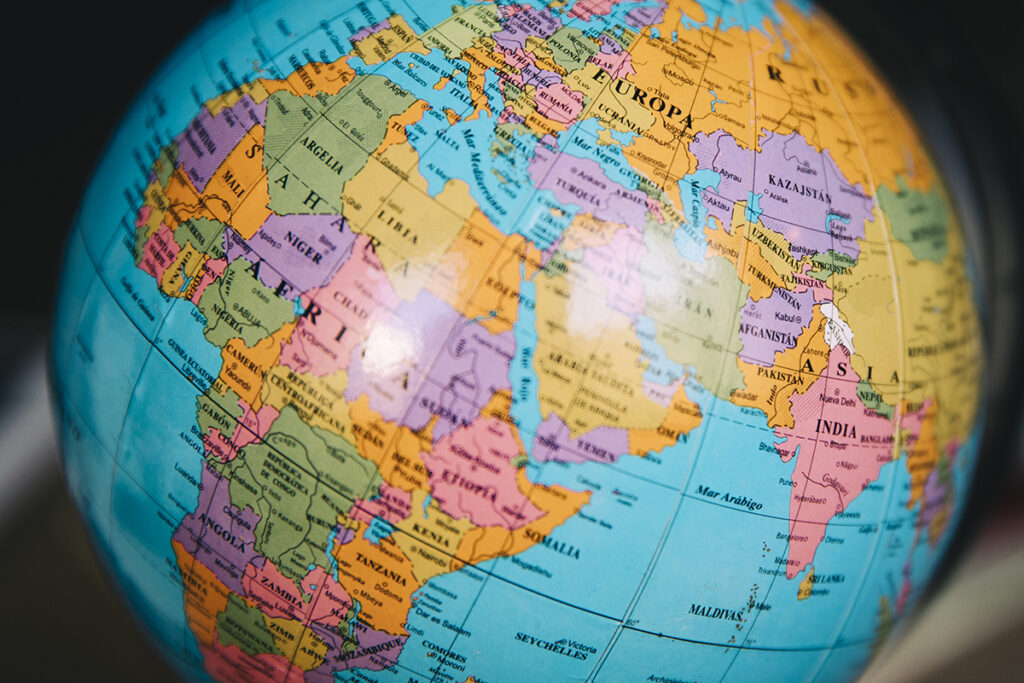In the realm of global economics, one paramount issue looms large as a pivotal force for future prosperity: Africa. Boasting a population of 1.5 billion, the continent holds an abundant demographic resource that, if effectively harnessed, could ignite substantial worldwide economic expansion.
Demographic shifts across the globe reveal a noteworthy “baby bust” phenomenon impacting major economies such as China, Japan, Germany, and the United States. However, Africa presents a unique and promising scenario. By the 2030s, one in every three individuals entering the global workforce will hail from Africa. To expedite global economic growth, Africa must find innovative ways to productively employ this burgeoning workforce and fully leverage its demographic advantage. Unfortunately, this is a challenge that many African nations have yet to surmount.
One pivotal factor in propelling economic growth is the rate of growth in the working-age population. Research underscores that a minimum 2% growth in the working-age population is essential for significant economic expansion. In the year 2000, a remarkable 110 countries met this crucial threshold, with nearly half of them situated in Africa. Fast forward to today, and merely 58 countries meet this essential criteria, with over two-thirds of them located in Africa.
The missed opportunities are glaringly apparent. If Africa had replicated the success of East Asian miracle economies like South Korea and Taiwan in harnessing its population growth, its share of the world economy would be at least three times larger than its current 3%. This unfulfilled potential casts a considerable shadow on global economic growth, which has been stagnating at an average rate of 2.5% in recent years.
Over the past half-decade, only three out of the 54 African economies have managed to sustain annual growth rates exceeding 6%: Ethiopia, Benin, and Rwanda. This represents a significant decline from the 2010s, when a dozen African nations achieved such levels of growth. Alarmingly, not a single African economy has made transformative strides in average per capita income. Even half of the continent’s largest countries, including Nigeria, South Africa, and Algeria, have witnessed economic declines.
Africa’s challenge lies in its ability to add workers to the labor force without proportionately increasing output per worker. In contrast, the economic miracles of Asia successfully transitioned workers from agriculture to manufacturing, a shift that bolstered productivity and overall growth. Africa’s aspirations to leap directly into the digital age or the service industry haven’t materialized as anticipated.
A significant portion of this issue can be traced back to leadership and governance problems. Fourteen of the 20 most corrupt governments globally are situated in Africa, a notable increase from 10 in 2010. Unlike certain Asian nations where strongman leaders guided post-war prosperity, Africa’s strongmen often prioritize self-preservation over creating the fundamental conditions necessary for economic growth, such as investing in infrastructure and education.
Countries like Botswana, once hailed as promising, grapple with the challenge of diversifying their economies beyond sectors dependent on natural resources. Nigeria, an oil-rich nation, has seen average incomes dwindle over the past five years, underscoring the hurdles faced by resource-dependent economies.
While China’s visible investment in African infrastructure is evident, economic growth remains elusive for many nations on the continent. Frequent power outages and underinvestment continue to plague the region.
Looking ahead, the world’s working-age population is set to increase by a staggering 2 billion over the next three decades, with nearly 80% of these new workers hailing from Africa. The continent stands as the last, best hope for economic miracles. However, without effectively addressing these challenges, Africa’s untapped potential will persistently exert a drag on global growth.
Africa’s demographic dividend represents a critical determinant in the trajectory of global economic growth. Realizing this potential necessitates a concerted effort to address governance issues, enhance productivity, and ensure that Africa’s youthful population is equipped to make substantial contributions to the global economy. Failing to do so could have profound and far-reaching consequences for the global economy in the decades to come.


